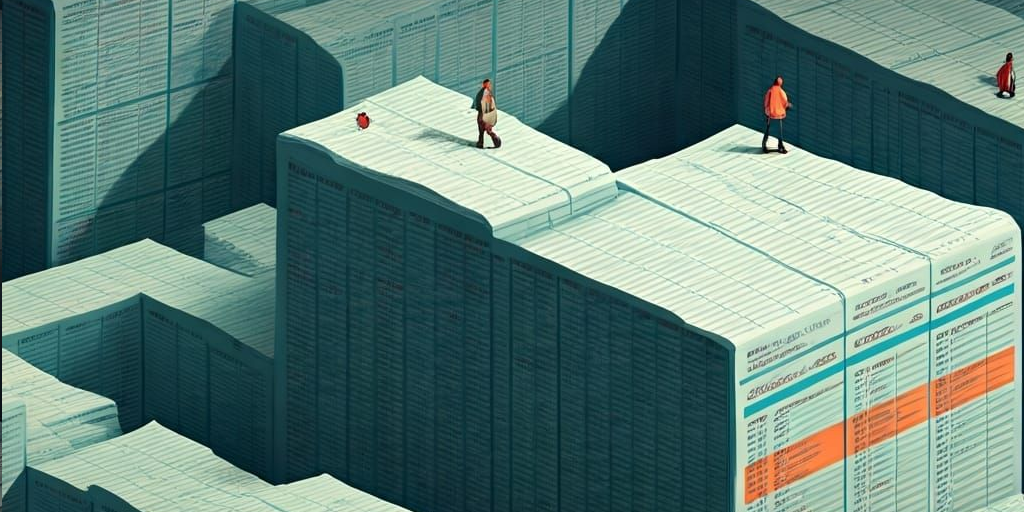How Weimar mistakes echo today
In Weimar Republic 2.0 (2022), I traced the threads linking the collapse of the Weimar Republic (1919‑1933) to the fraying edges of modern democracy. Weimar did not implode overnight; it came apart via a string of small, human‑sized mistakes, the kind that make history mutter, “Told you so,” under its breath. This post builds on that compass, first examining missteps that felled Weimar, then holding a wary mirror to today’s politics. Consider it a cautious projection, riddled with blind spots, like most maps drawn by people claiming omniscience. ...

